http://edition.cnn.com/2015/05/06/politics/bill-clinton-crime-prisons-hillary-clinton/index.html
Bill Clinton concedes role in mass incarceration
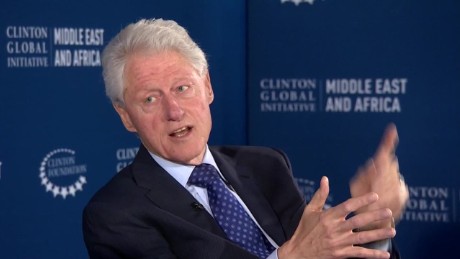
Bill Clinton: 'We have too many people in prison' 02:26
(CNN)President Bill Clinton on Wednesday conceded that over-incarceration in the United States stems in part from policies passed under his administration.
Clinton signed into law an omnibus crime bill in 1994 that included the federal "three strikes" provision, mandating life sentences for criminals convicted of a violent felony after two or more prior convictions, including drug crimes. On Wednesday, Clinton acknowledged that policy's role in over-incarceration in an interview with CNN's Christiane Amanpour.
"The problem is the way it was written and implemented is we cast too wide a net and we had too many people in prison," Clinton said Wednesday. "And we wound up...putting so many people in prison that there wasn't enough money left to educate them, train them for new jobs and increase the chances when they came out so they could live productive lives."
Clinton's comments come on the heels of protests in Baltimore over policing and the death of a young black man there and a week after Hillary Clinton delivered one of the first policy addressees of her presidential campaign on criminal justice reform, saying that the system focuses too much on incarceration.
"Keeping them behind bars does little to reduce crime, but it does a lot to tear apart families," Hillary Clinton said last week. "Our prisons and our jails are now our mental health institutions."
As first lady, Clinton helped push the omnibus crime bill in public, calling it a "well-thought out crime bill that is both smart and tough" in a 1994 interview.
She said that the crime bill would keep violent offenders locked up "so they could never get out again" and touted the "three strikes" provision specifically.
"We will finally be able to say, loudly and clearly, that for repeat, violent, criminal offenders: three strikes and you're out. We are tired of putting you back in through the revolving door," Clinton said in 1994.
On the heels of nationwide protests in Baltimore, Clinton and other politicians are now turning their attention away from "tough on crime" policies to those focused on lowering prison populations and providing more opportunities for low-income areas, where tensions with police have boiled over in Baltimore and other cities.
In the interview Wednesday, the former president didn't completely take the blame for those crime policies, though, pointing to Republicans who strongly pushed the "three strikes" provision.
"But I wanted to pass a bill and so I did go along with it," Clinton said, referencing the legislation that put more police officers on the streets, increased prison funding and banned assault weapons and large ammunition magazines.
Clinton's administration did attempt to reform the Republican proposal of that policy, but he and his administration touted the benefits of the "three strikes" provision included in the legislation he signed.
Clinton said he agreed with his wife's new bent on criminal justice reform and called bipartisan support for those types of reforms "one of the most hopeful things."
"I mean, going from conservative Republicans to liberal Democrats and the people in between saying there's too many people in jail and we're not doing enough to rehabilitate the ones you could rehabilitate," Clinton said. "We're wasting too much money locking people up who don't need to be there."












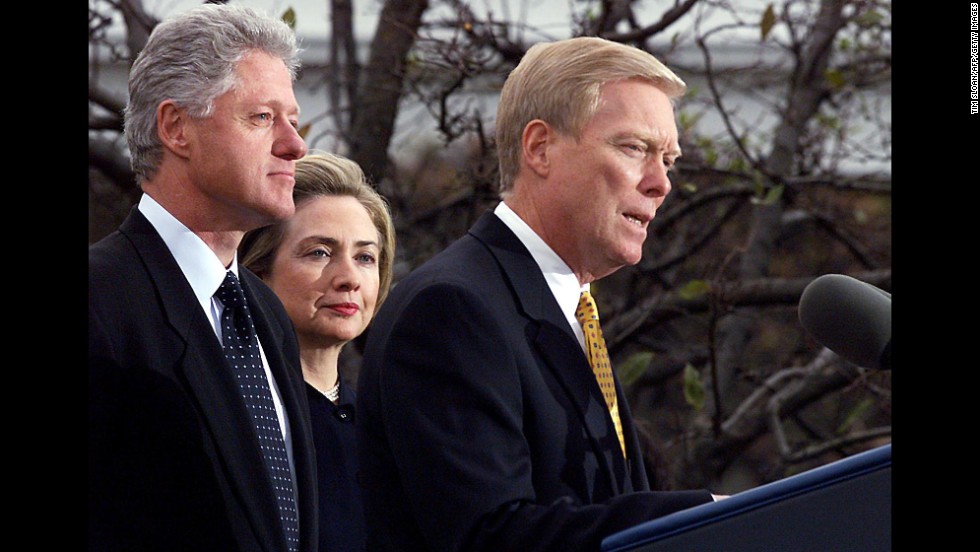
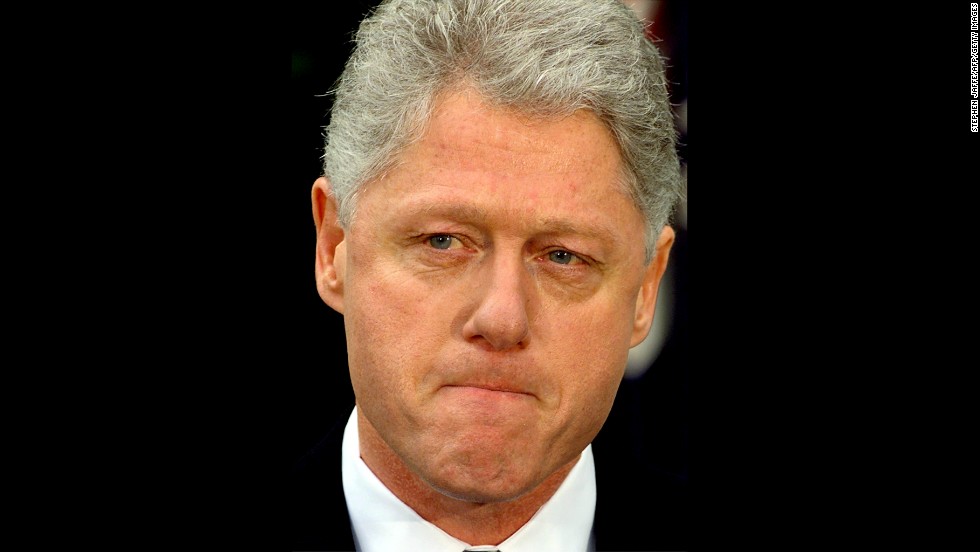
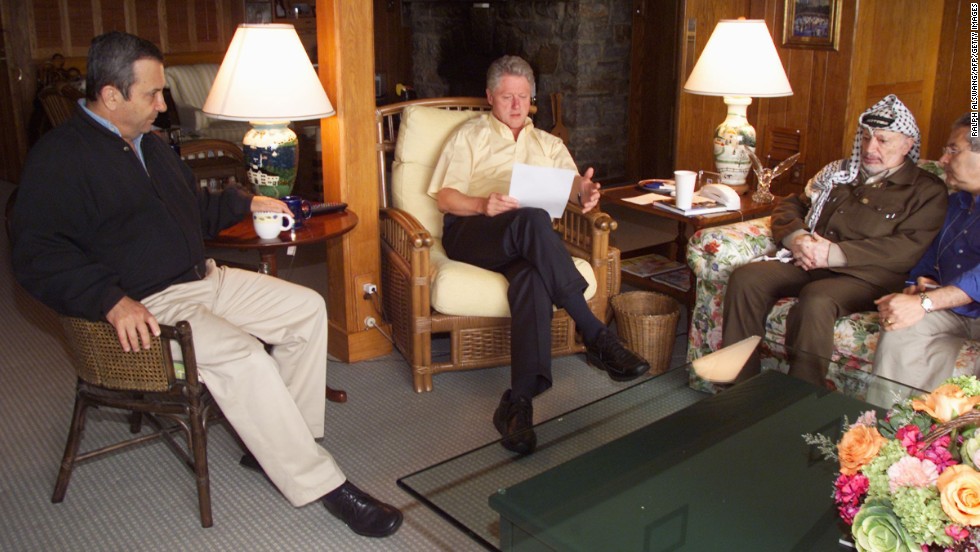

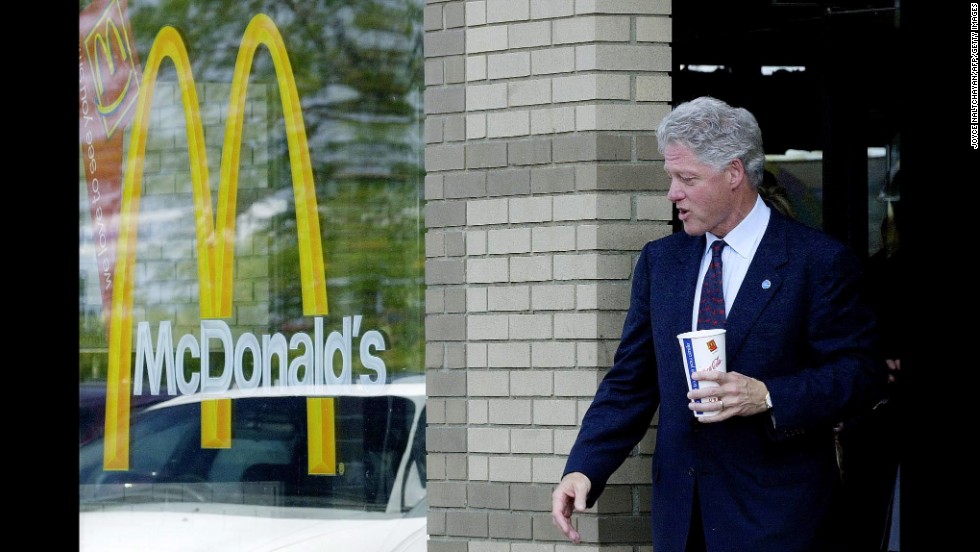
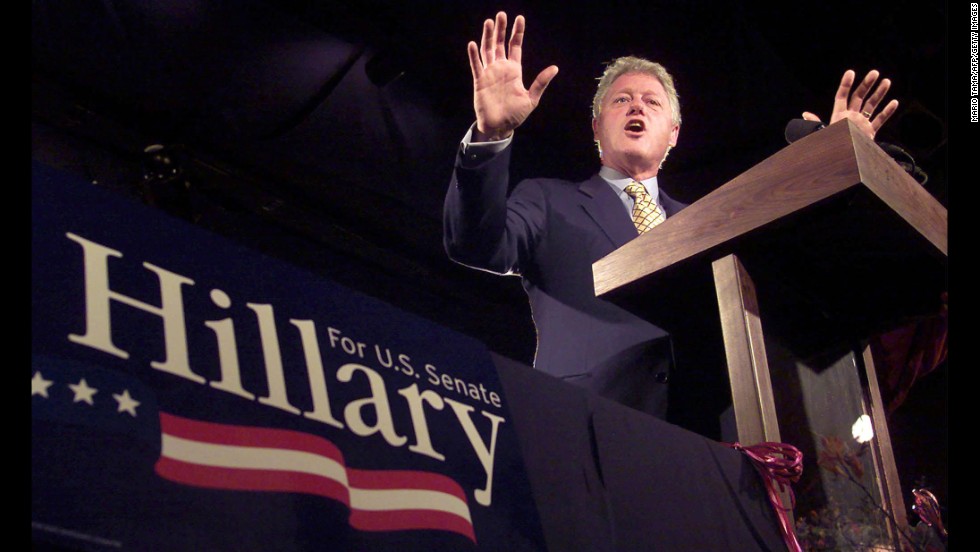

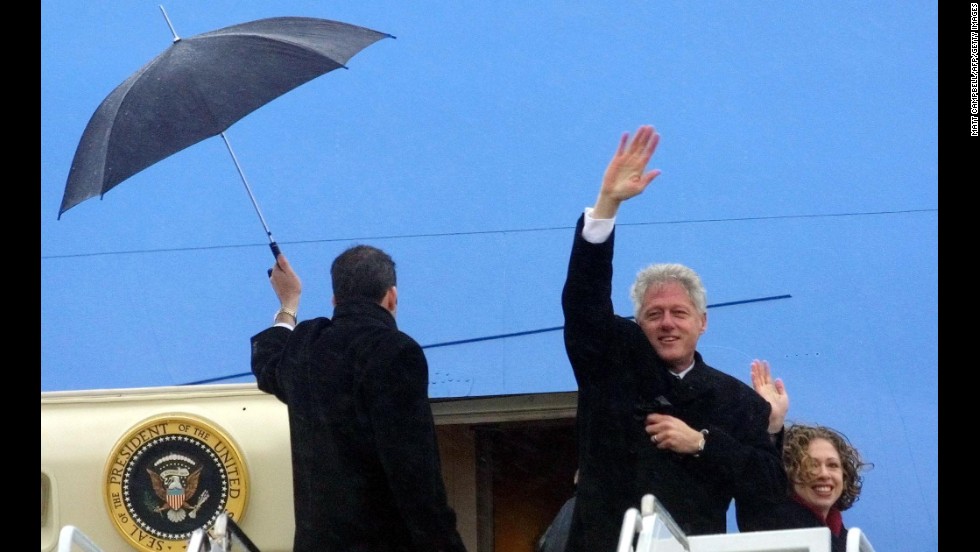
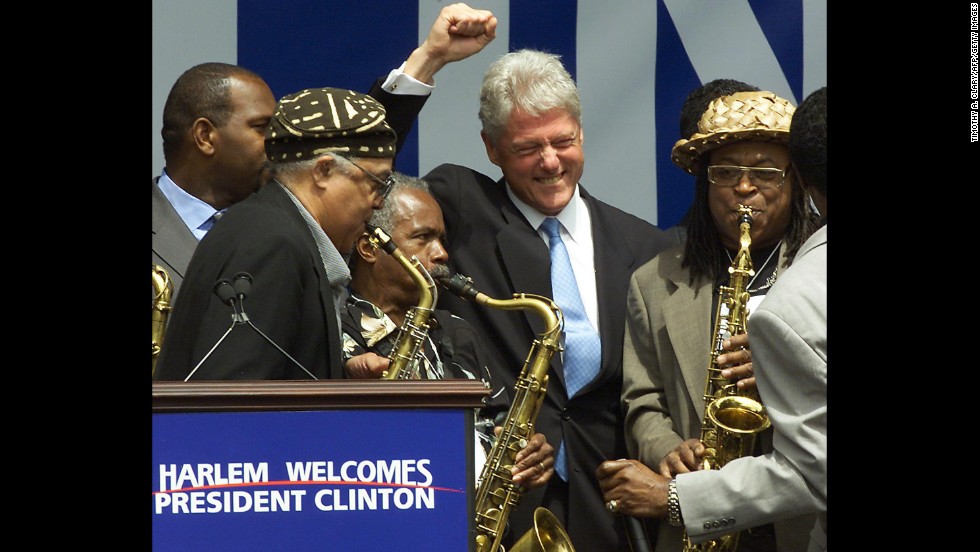

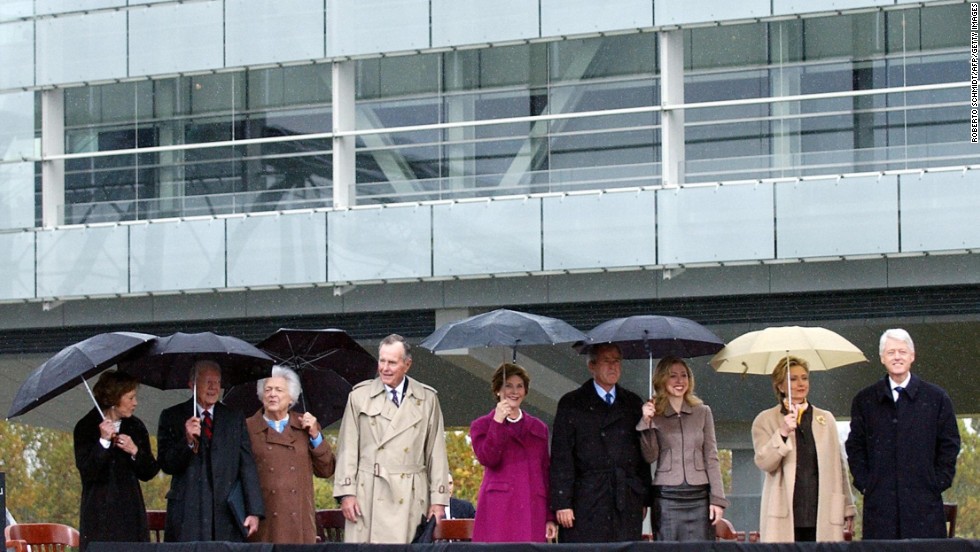

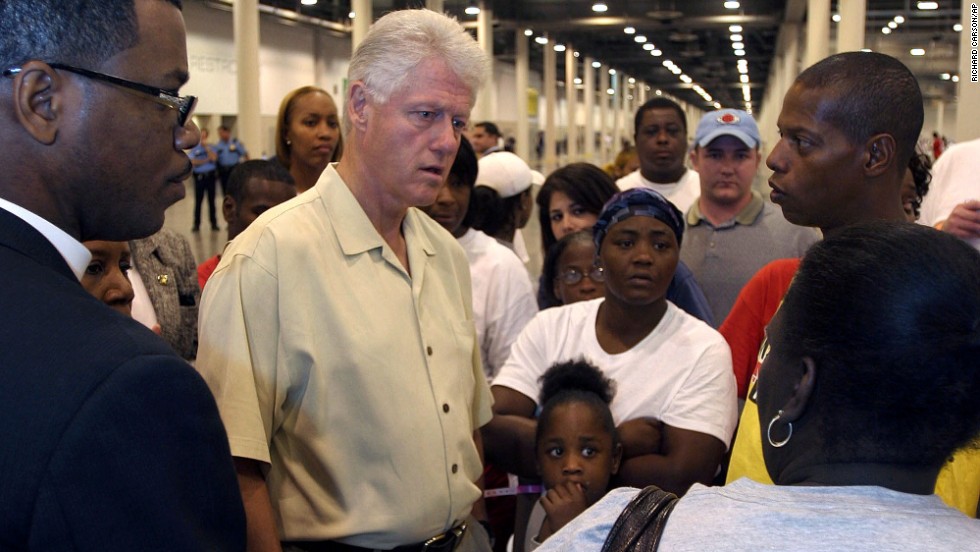
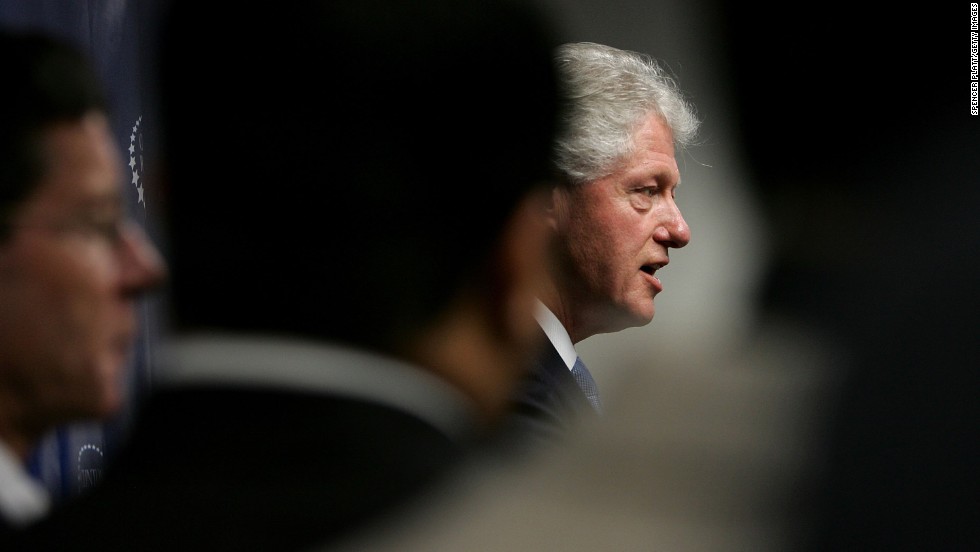
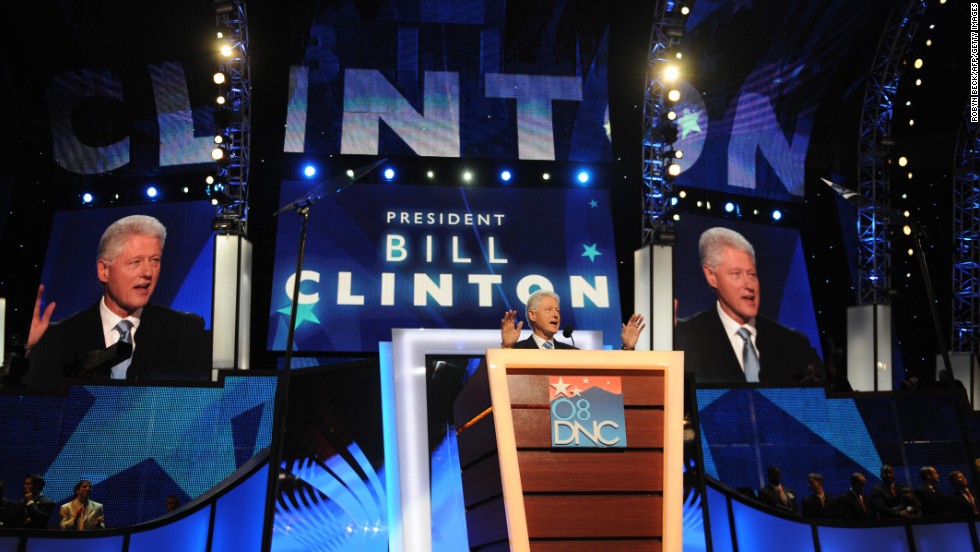
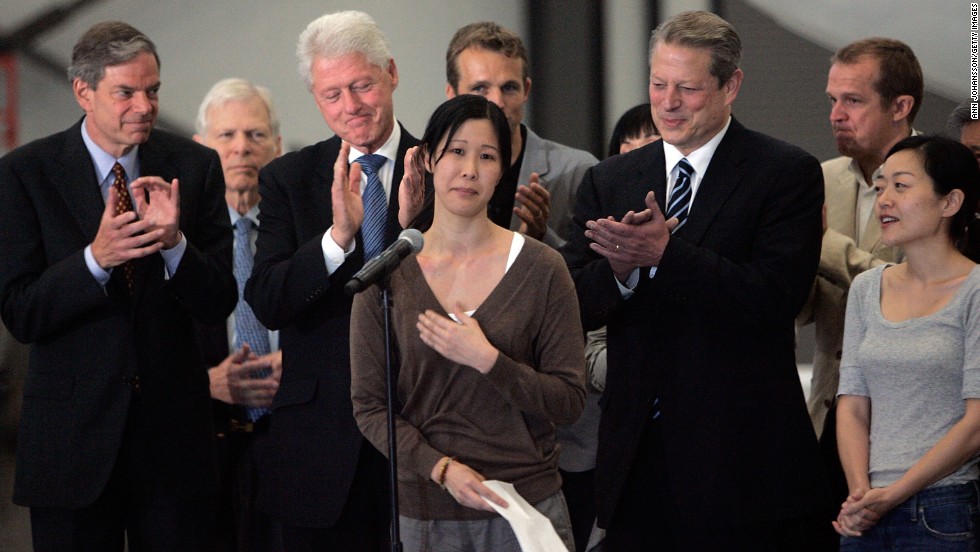

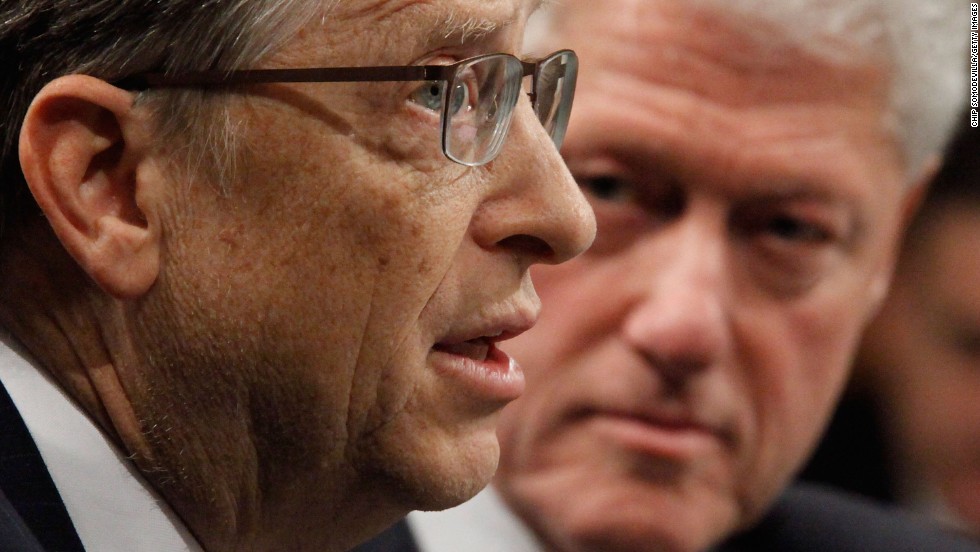
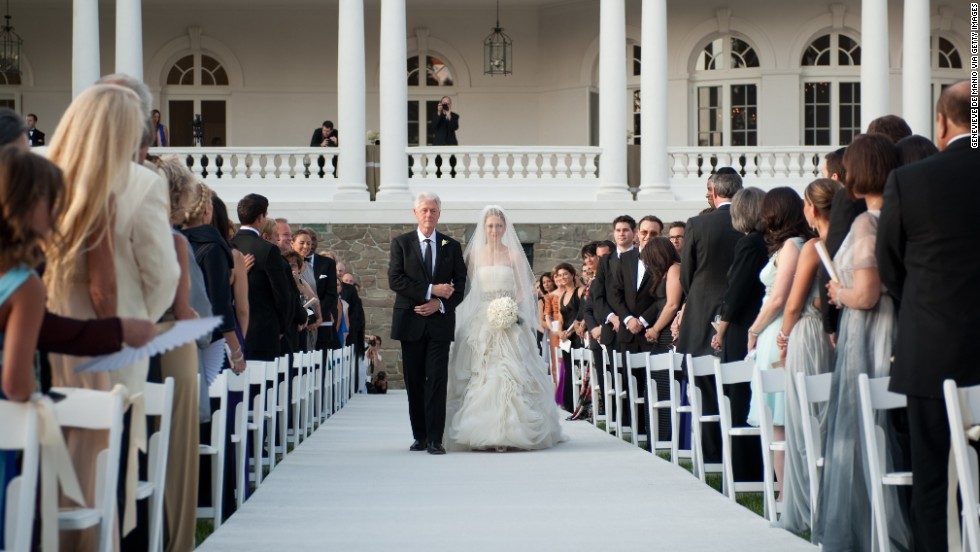
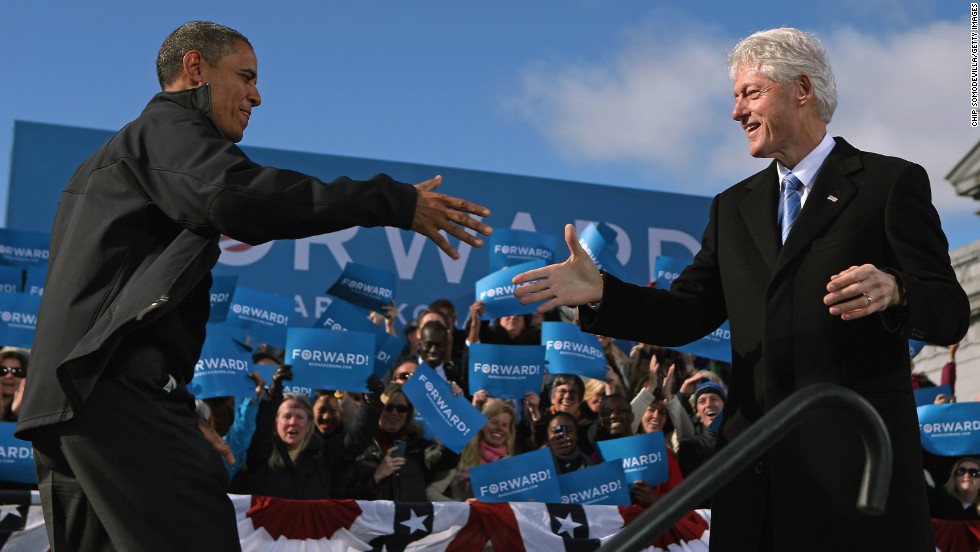

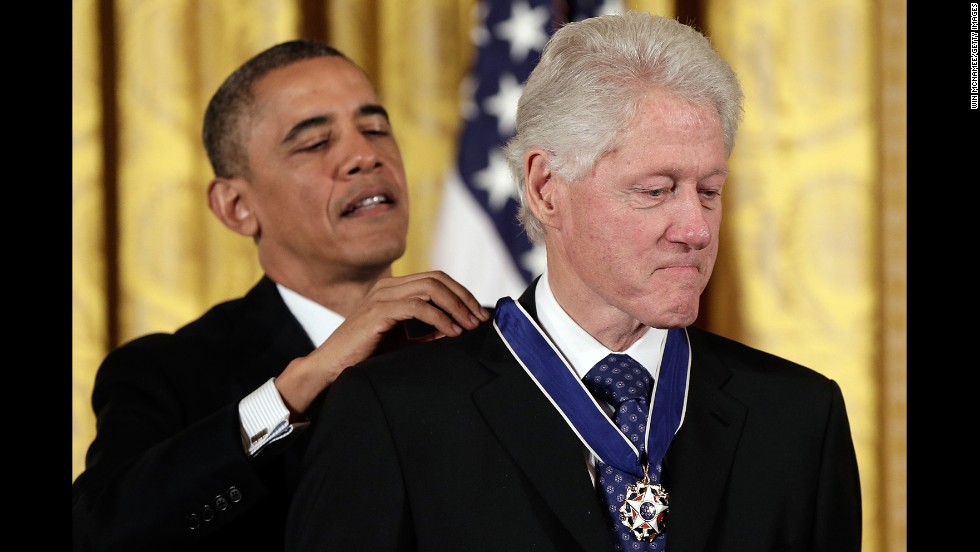
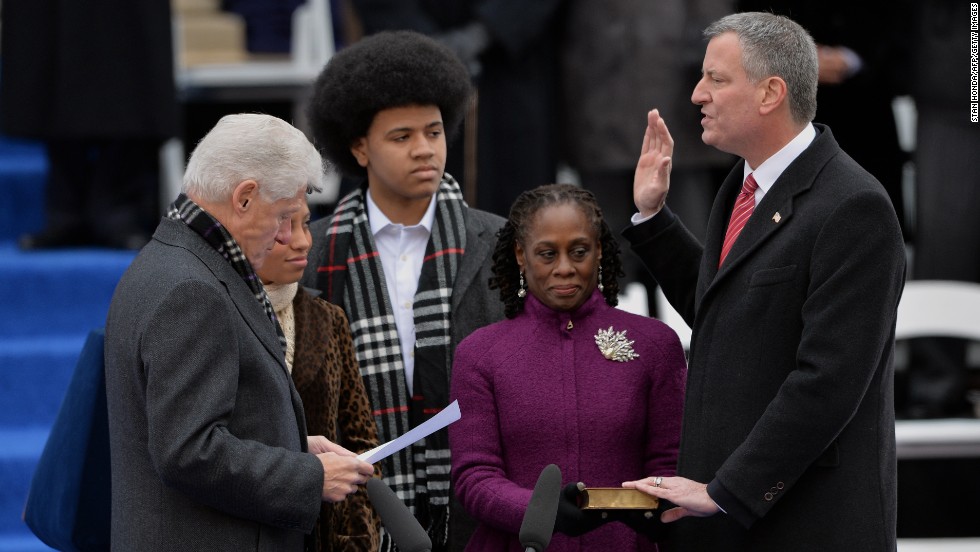
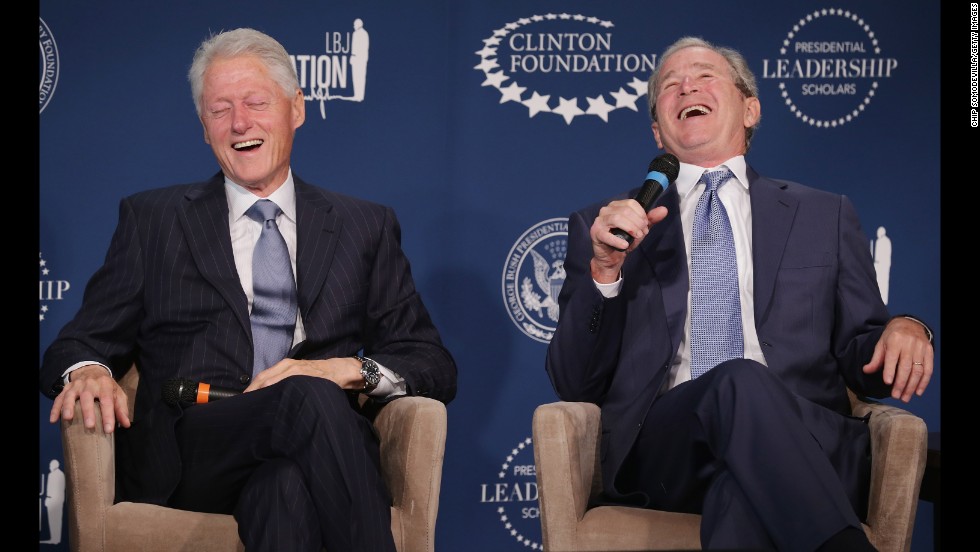

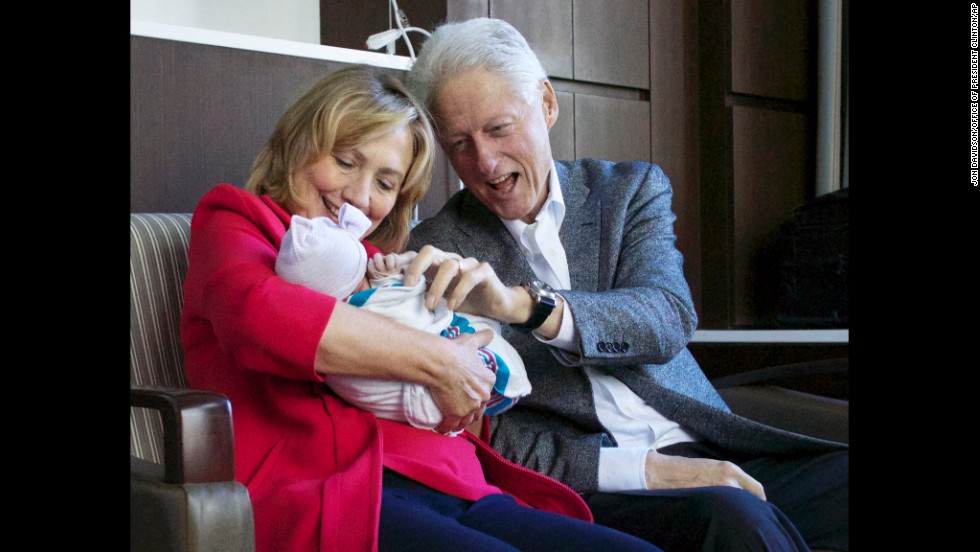
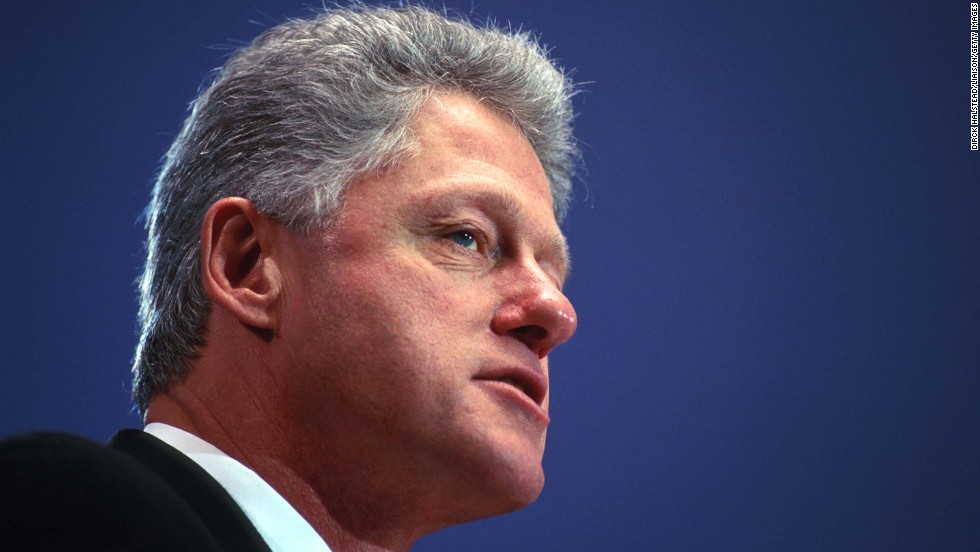

沒有留言:
張貼留言